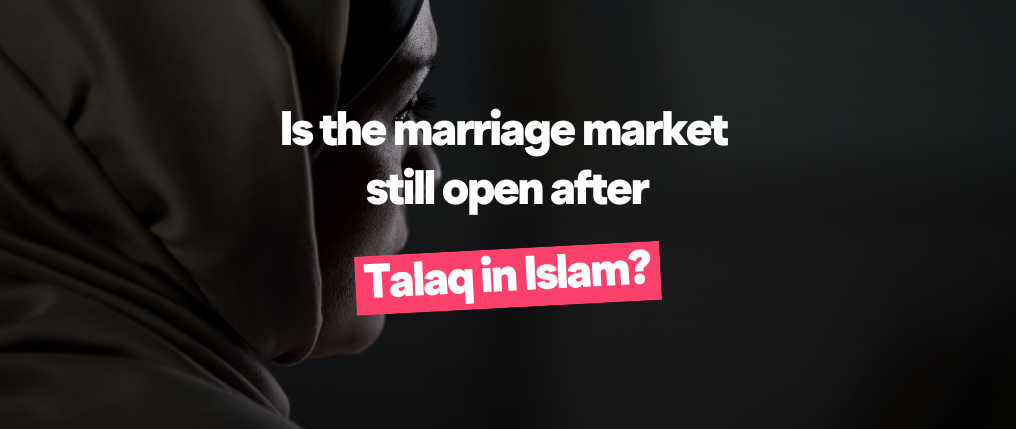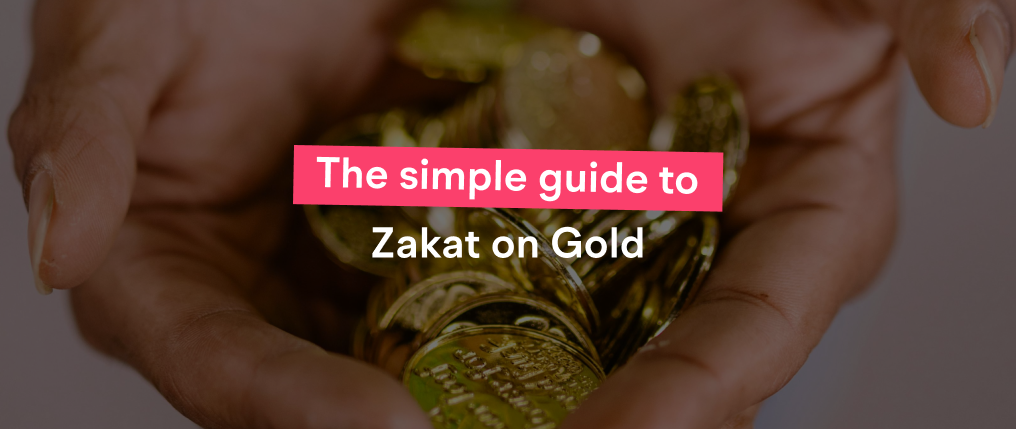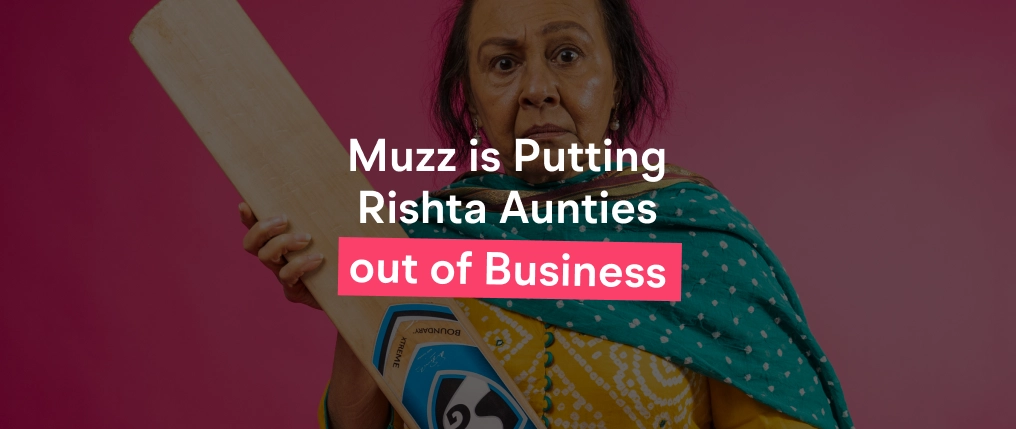
Associated Press features Muzz!
May 16, 2023

Sana Ikram enjoys a carefree, leisurely day in a London park with her husband of five months.
But it took her a while to get to this stage.


Looking for your soulmate?
You won’t find your soulmate on this blog post but you might find them on Muzz - the world’s biggest Muslim dating and marriage app.
Sana says she was looking for a suitable marriage partner for about two years before meeting her husband, Hakim.
Being an observant Muslim, she had gone through friends and community contacts, local mosques and their leaders.
Others in the Muslim community use family connections and female matchmakers.
It was proving a frustrating task, but the one thing that finally worked for her was a mobile phone app, Muzz, that’s targeted at Muslims who want to get married.
“I tried a lot of different things before then going on to the app which I found using social media,” Sana says.
“I decided that was something new, it offered something different to what the websites offered and it was more efficient to use in finding somebody.”
For Hakim the process was even smoother. A week after his friend signed him up to the app, he and Sana were in contact.
After chatting, meeting a month later, and several get-togethers with respective families, about four months later they were married.
They aren’t alone in bypassing traditional Islamic means to find a partner by using modern-day tech.
As well as Muzz, there are apps such as Salaam Swipe and Minder in which the focus is pairing up people for life.
Muzz says it has more than 120,000 users in 123 different countries. The UK is its biggest market, followed by the US, Canada, Pakistan and Australia.
The app allows users to express their level of religiosity, for walis or guardians to females to be a third party in conversations, and photos to be hidden.
There’s also the opportunity to find someone based on the branch of Islam he or she follows.
“It helps when you practice the same thing,” says Hakim.
“Because everybody believes something a little bit different, not going against them, it’s just easier when you start having kids and you want them to start practicing in a certain way. It’s easier to have a like-minded individual.”
The founder and CEO of Muzz, Shahzad Younas, says there’s a need to provide a service for the wide array of beliefs and identities within Islam.
He says the challenge with such an app is to provide for Muslims who are both modern and have a range of Islamic sensibilities.
“So trying to – to use the word – marry the two in the right way, a. without offending anyone but b. whilst catering to the diverse mix of religiosity we have within the Muslim market,” he says.
“Some of our users are very religious and some are not so religious, but, for us, anybody who identifies themselves as a Muslim for us is a valid customer.”
Globally, one in five relationships now starts online and Muzz and its competitors are trying to tap into the Islamic part of the market.
It presents large economic potential. In the UK, the total number of British Muslims increased ten times faster than overall population from 2004 to 2008, to 2.4 million.
And the Muslim demographic in Britain is young, with more than 1.6 million people under the age of 35.
Author of the books ‘Generation M: Young Muslims Changing the World’ and ‘Love in a Headscarf’, Shelina Janmohamed says traditional means of finding a life partner are not enough for younger Muslims.
“In a lot of traditional Muslim cultures that were in majority Muslim countries, there were already networks in place with parents, extended families or traditional matchmakers,” she says.
“But particularly for Muslims in a diaspora those traditional networks have started to dissolve, and what young Muslims are saying is that they simply cannot find the kind of people that connect with them based on their values rather than just through family connections.”
Janmohamed says that younger generations of Muslims across the world are more demanding.
“They have grown up feeling very much part of the society they are in,” Janmohamed says.
“They want to be (religiously) faithful but they also believe in being fully part of their society.”
“So when it comes to marriage there is a real sense of they are the hero of their life, this is not something that they are going to submit to the collective about. So being the hero of their life they want to be proactive in who they are finding, and that means that they want to be part of if not leading the search. And that, I think, has been the huge shift in generations.”
Not that the difference between generations means that there is a particular stigma or taboo in using such apps, says Janmohamed.
On the contrary, she says the structured traditional ways of finding a life partner in Islam lend themselves to websites and apps.
And as such Sana says that the new methods have been on the whole welcomed by religious leaders as a way to help those for whom traditional networks are no longer practical or effective.
“They (religious leaders) have given their support to these websites, these apps, saying that it’s a really good way for people to look for their life partner, that it’s inclusive of all of our requirements such as that we need a wali to be overlooking every single conversation, that we need that protection,” she says.
“And their input is definitely listened to as well. So I think for them they really support it because it’s a really good way of helping the community.”
Whereas previously there might have been a long list at the mosque of people looking to get married, now young Muslims can use apps to choose from a larger pool of people.
Source: Associated Press
Latest Stories
Share this story

